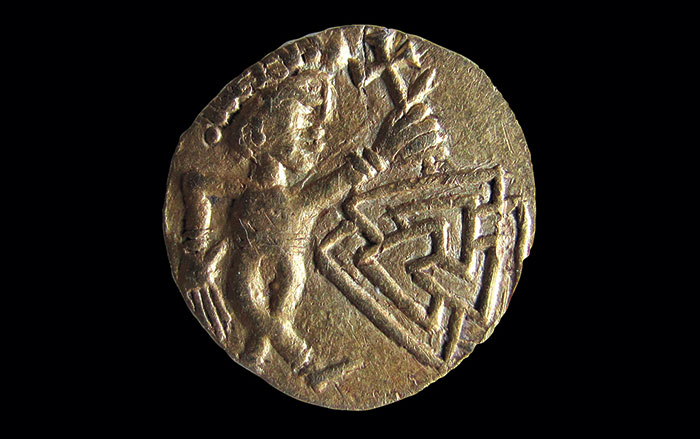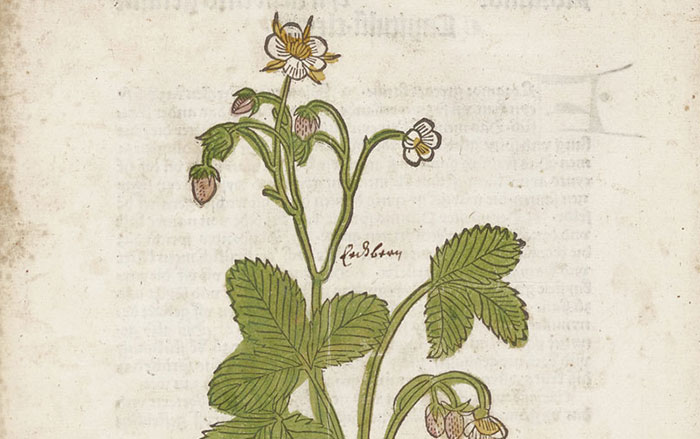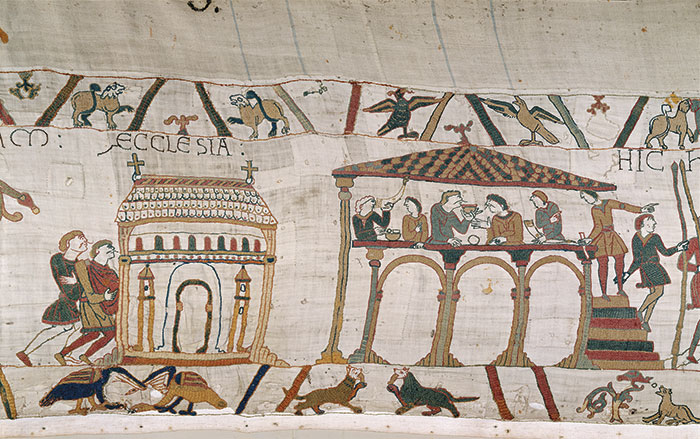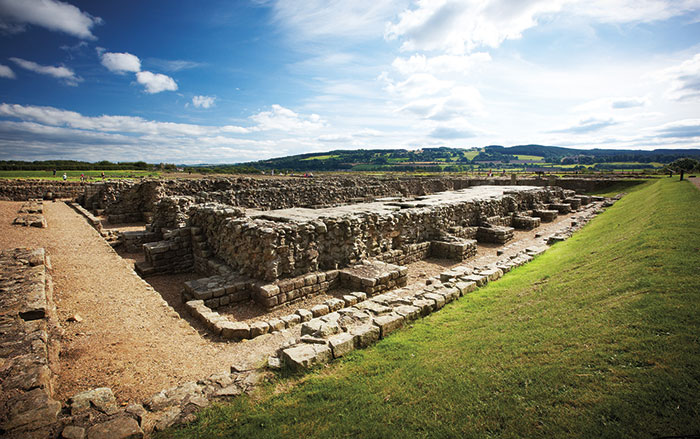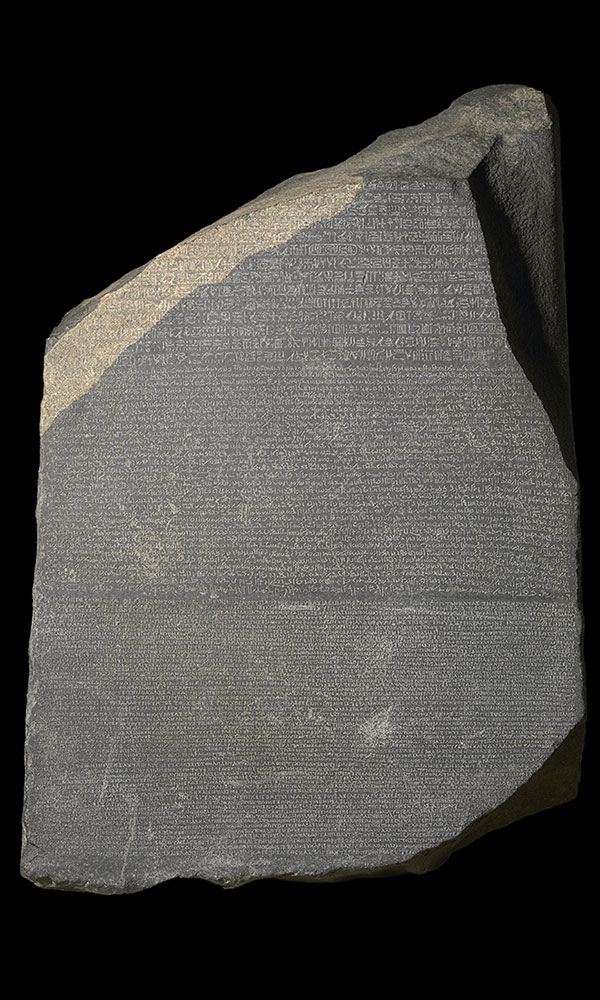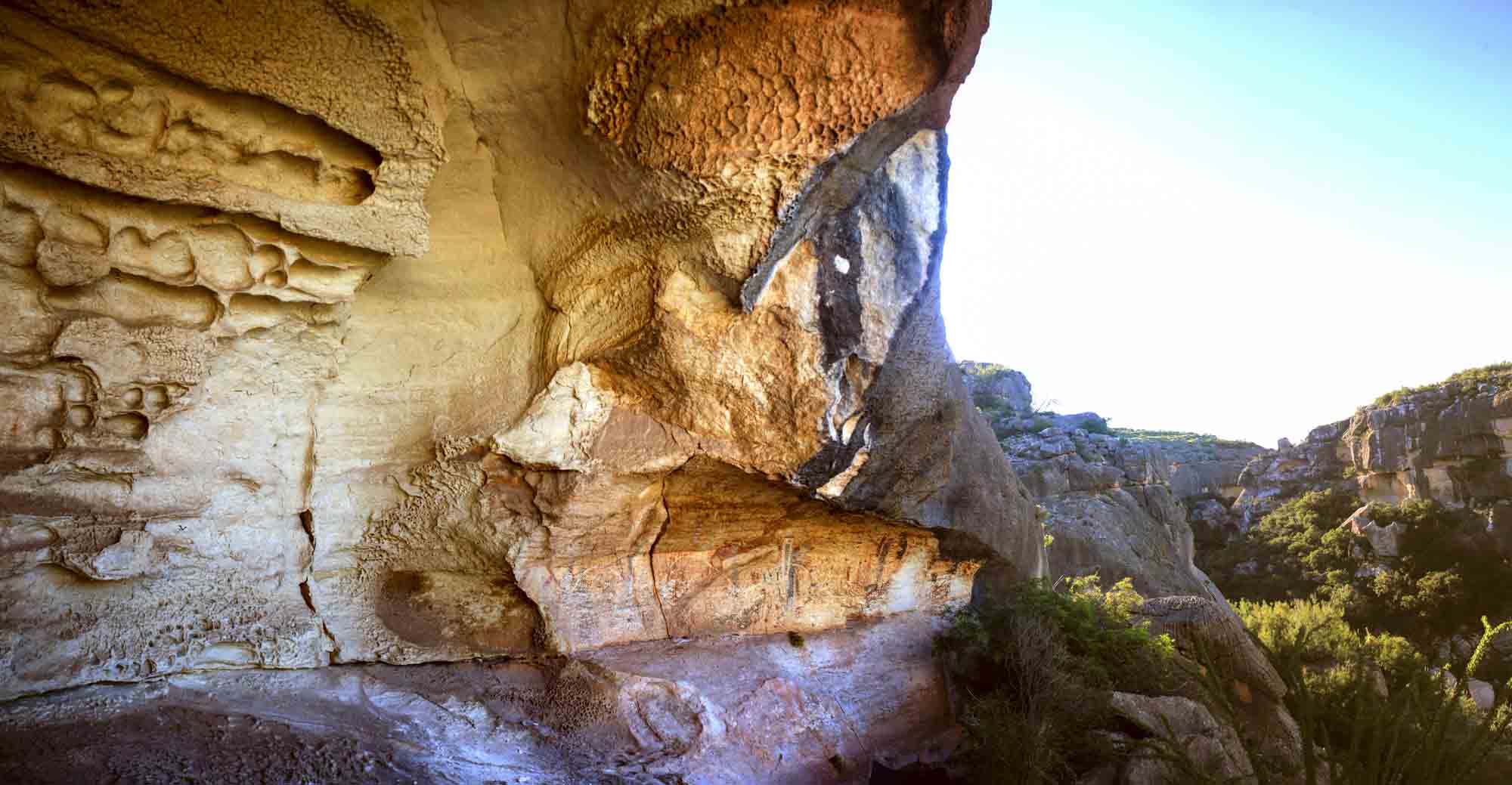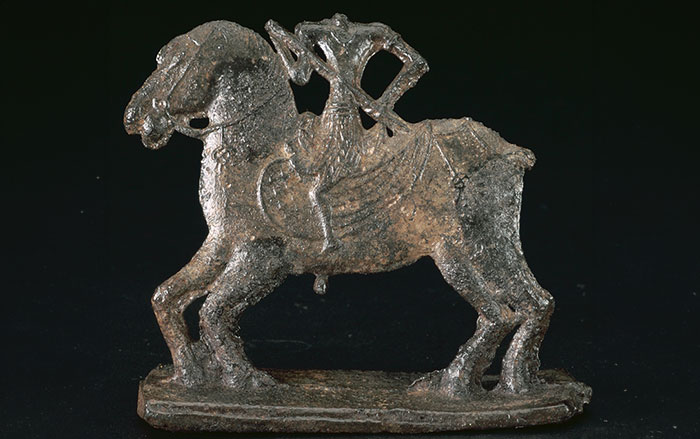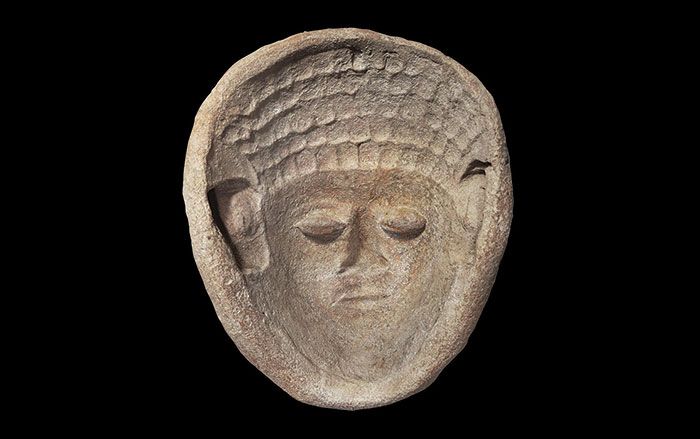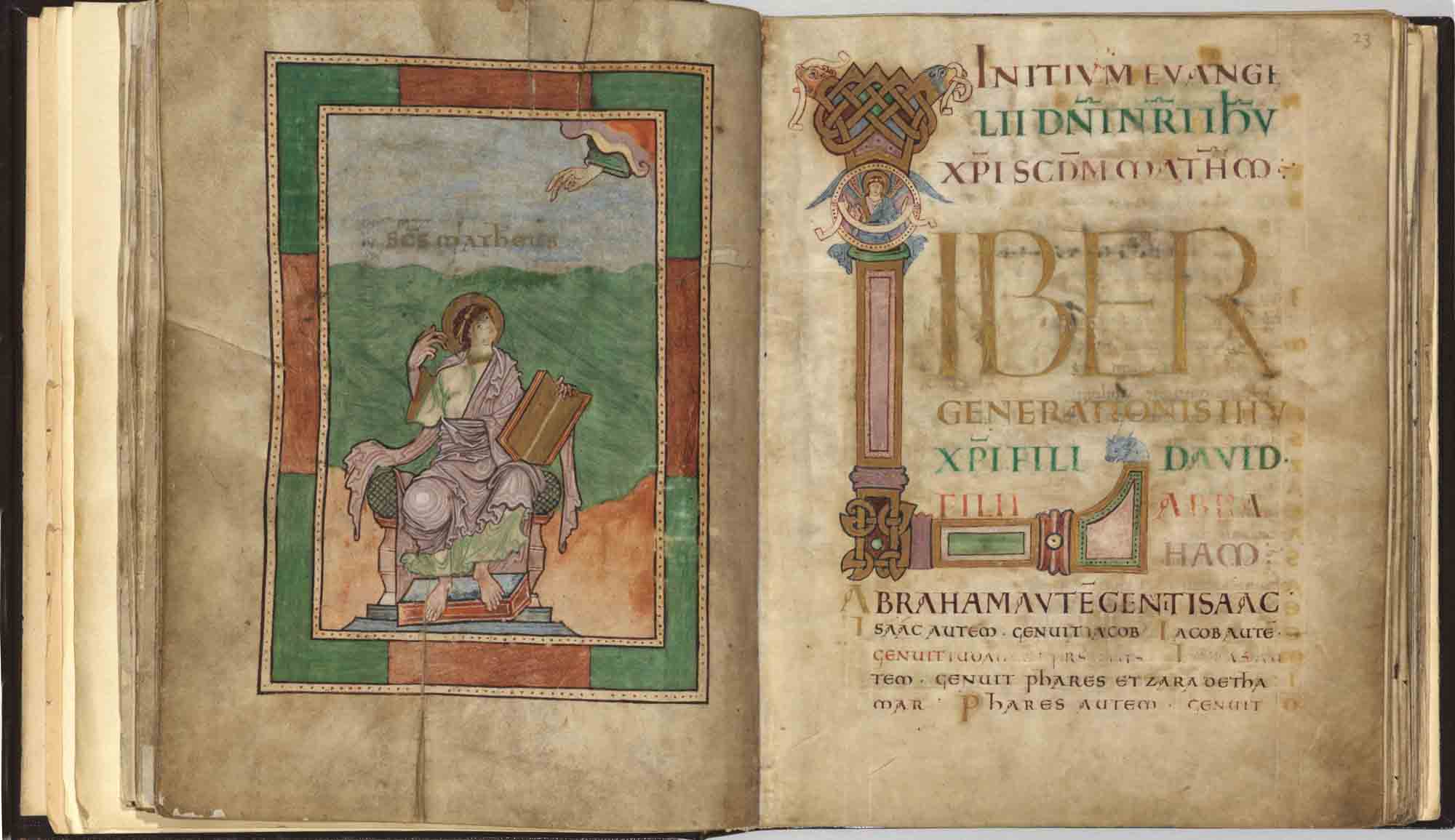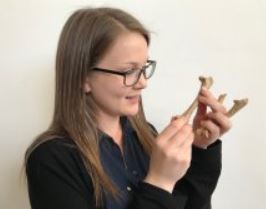
EXETER, ENGLAND—Zooarchaeologist Alan Outram and colleagues at the University of Exeter say they have found the butchered bones of what may have been one of the first turkeys to arrive in England from the Americas. According to a report in The Plymouth Herald, the two leg bones and one wing bone were recovered from a construction site in Exeter in 1983, but were not identified at the time as turkey bones. The researchers dated the turkey remains to between 1520 and 1550 based on the pottery found lying beside the bones. Some of pottery had been imported from Spain, Germany, and Italy. The remains of a calf, chickens, sheep, and at least one goose were also found. Historical records indicate that William Strickland, a member of Parliament who traveled to the Americas, brought six of the birds back to southwestern England in 1524 or 1526. The first birds were likely kept by the elite as a display of wealth, but they became a popular meal by the 1570s, and were eventually driven to London like cattle in the seventeenth century. To read about the development of the modern chicken, go to “Fast Food.”


